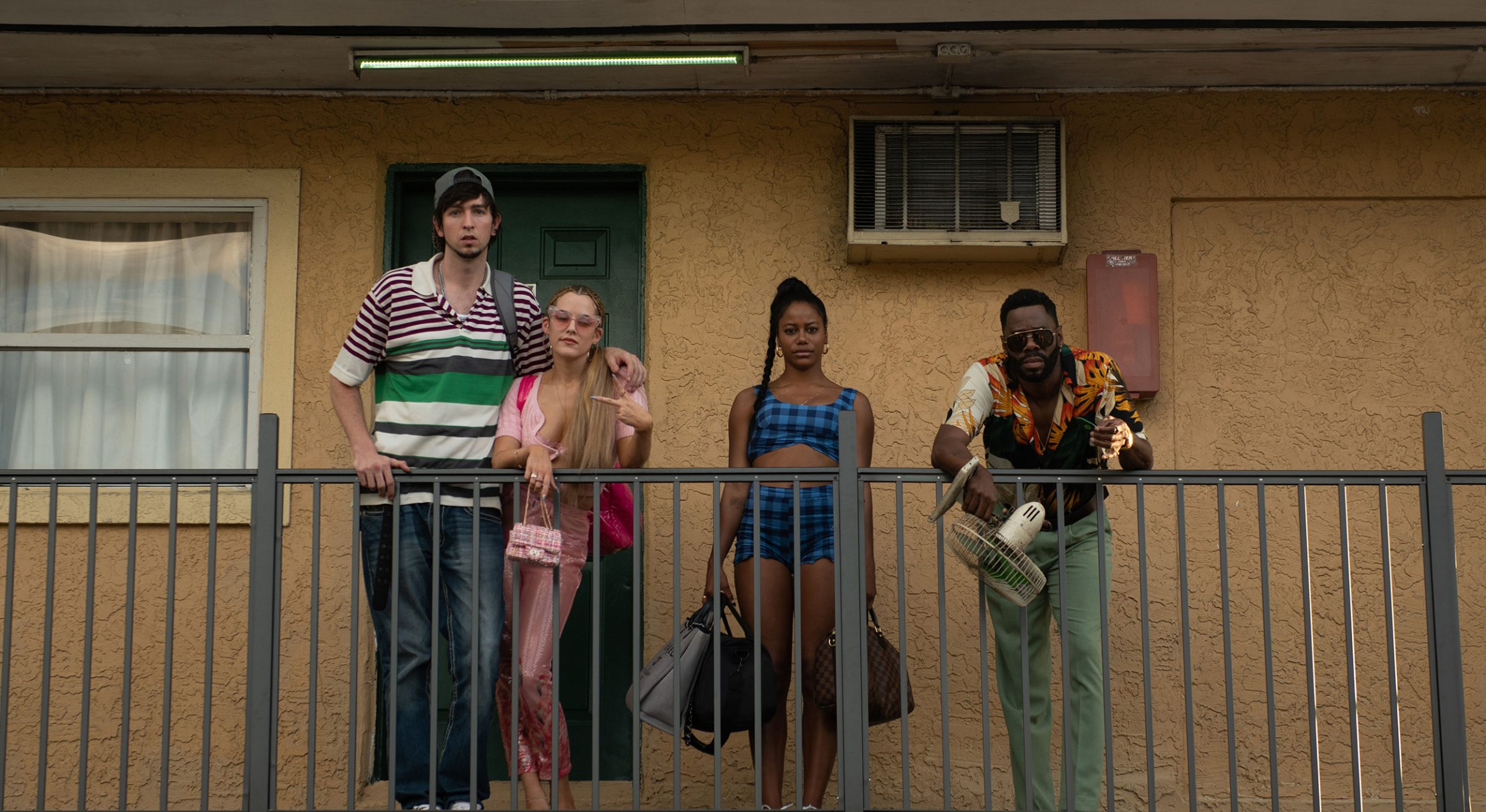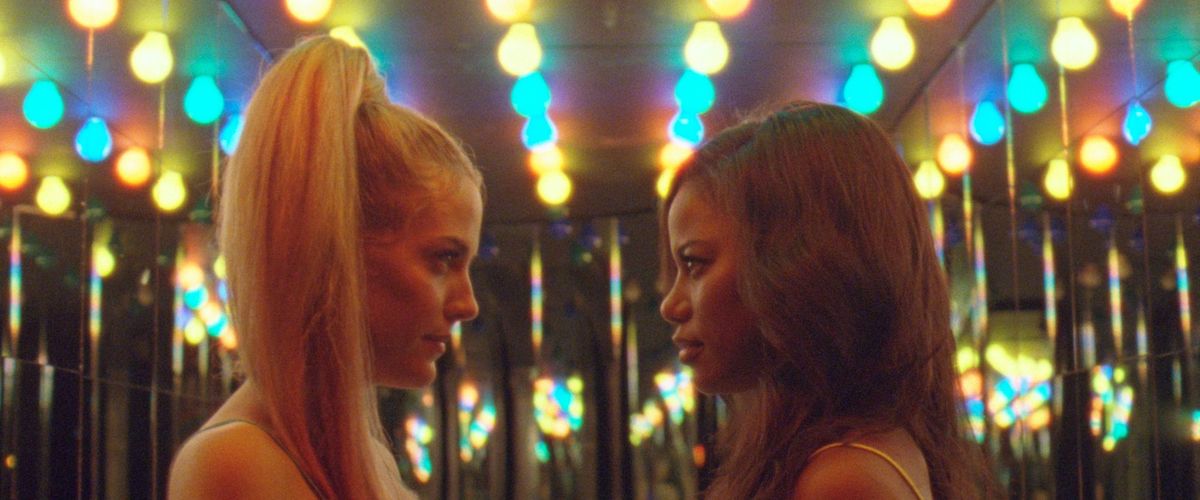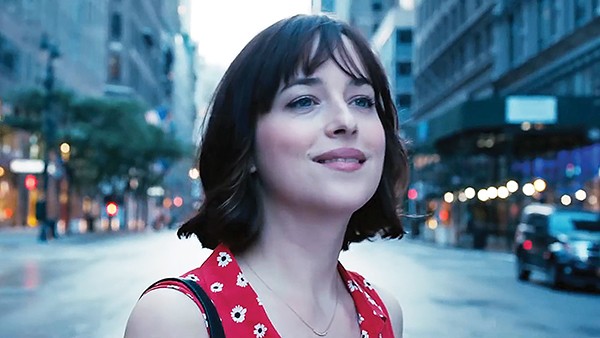One October evening in 2015, a woman named A’Ziah King tapped out the 148-tweet long story of her weekend in Tampa. Zola, as she is known, was a waitress at a Hooters in Detroit who sometimes danced at local strip clubs for extra cash. One particularly crappy night, she had a customer named Jess, and they bonded over stripper stories. The two became friends, so Jess invited her on a road trip to Florida, where she knew a guy at a high-class club where the talent could rake it in. Intrigued by the prospect of making rent for the rest of the year in a couple of days (Florida has a reputation among strippers as being profitable territory), Zola accepts the offer. Then, things go south.
It is Florida, after all.
Along for the 20-hour ride is a hulking man who Jess calls her roommate, but who won’t give his name, and Jess’ boyfriend, who Zola quickly finds is not the sharpest tool in the shed. Once they reach The Big Guava, Zola is drawn into a vortex of motels, prostitution, dysfunction, and finally spiraling violence. But she lived to tell the tale on Twitter, and her thread went viral under the hashtag #TheStory.
Because of my shamefully intense Twitter addiction, I, and thousands of others, read @_zolarmoon’s epic thread with bursts of queasy laughter while mumbling “this can’t be real.” It was real. There are pictures.
There’s a saying on the hellsite that Twitter has a new main character every day, and you’d better pray it’s not you. Achieving vitality at the level of #TheStory usually means fleeting, ephemeral fame that is extremely hard to monetize. The kind of attention you are likely to attract is negative. Zola King is the exception. After freelance scribe David Kushner sold her story to Rolling Stone, Hollywood came calling. This is the kind of thing that’s catnip to a producer. Not only is there plenty of sex and violence, but lots of people already know the story, and there’s a hook that ensures folks like me spend the first half of their reviews recounting six-year-old social media trends.

What newly minted executive producer Zola King has, beyond a level of street smarts that counts as a superpower, is a strong, unique voice, a fantastic ear for dialogue, and an innate sense of how to pace a narrative — vital ingredients for a good film that something like Angry Birds lacks. Zola also has director Janicza Bravo, who has an eye for Kubrickian symmetry and a grasp of film grammar, which is sadly lacking in today’s Hollywood. The most unusual thing about this movie about a digital phenomenon is that it’s shot on film. Ari Wegner’s cinematography positively revels in the grain, capturing that elusive, hyper-real yet dirty feel of beachside Florida hotels.
But none of that works unless the pair of frenemies at the center of the story can carry the picture. I once described Pulp Fiction as “a Seinfeld episode with gangsters” — a delicate balance of mortal fear and slapstick comedy that inspired a thousand flaccid neo-noir imitators in the 1990s. It’s the acting that ensures Zola succeeds where films like Two Days in the Valley failed. Taylour Paige and Riley Keough are perfection as Zola and the lawyer-renamed Stefani. Possessing considerable genetic gifts and subtly expressive eyes, Paige faces the various life-threatening absurdities thrown at her as just another day at the office. Keough (who, I am obliged as a Memphian to point out, is Elvis Presley’s granddaughter) starts out doing an uncanny imitation of Taryn Manning in Hustle & Flow, then imbues the manipulative Stefani with a little pathos. They communicate in a thick stripper patois that narrator Zola occasionally translates for the audience. Think of Zola as Jackie Brown’s Instagram account come to life.
The film builds a parallel power dynamic between Zola and Stefani’s male companions. Nicholas Braun is hilariously pathetic as Derrek, Stefani’s dim bulb boyfriend who takes the ultimate pratfall. Colman Domingo is stunning as X, Stefani’s unnamed pimp. His charming Floridian drawl can turn on a dime into a menacing Nigerian snarl. Even though this is a story told from the point of view of a marginalized Black woman, X’s overt code-switching is one of the keys to the success of this extraordinary picture. Everyone on-screen — except for poor Derrek — is constantly putting on airs. Before stepping onto the stage, Zola asks herself “which me am I going to be tonight?” Stefani sells different versions of herself to a parade of Florida men; a quick shot of Keough’s mid-coitus, thousand-yard stare stuck with me after the credits rolled. No one but us, Zola’s Twitter confidants, knows the true content of anyone’s heart — and Zola might be zooming us, too.

